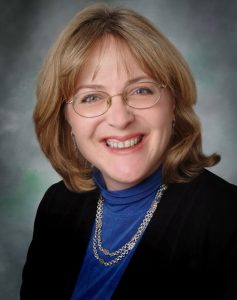 Religion & Ethics NewsWeekly recently featured Diana Butler Bass, author of Christianity After Religion (my review), about the religious implications of the rise of the religiously unaffiliated. While there is diversity within the growing group of religiously unaffiliated, Butler Bass claims, ” . . . an awful lot of people who are in the unaffiliated categories – people who are spiritual but not religious or people who consider themselves to maybe to be spiritual and religious are engaging in spiritual practices and those run the gamut . . .” Further, the unaffiliated are challenging established religious groups to consider a new form of ecumenicism that transcends old understandings. Some congregations are responding in ways to make room for this type of inquiry, including through worship that is less doctrinal (consistent with my #1 change for the church of the future) and more experiential or mystical.
Religion & Ethics NewsWeekly recently featured Diana Butler Bass, author of Christianity After Religion (my review), about the religious implications of the rise of the religiously unaffiliated. While there is diversity within the growing group of religiously unaffiliated, Butler Bass claims, ” . . . an awful lot of people who are in the unaffiliated categories – people who are spiritual but not religious or people who consider themselves to maybe to be spiritual and religious are engaging in spiritual practices and those run the gamut . . .” Further, the unaffiliated are challenging established religious groups to consider a new form of ecumenicism that transcends old understandings. Some congregations are responding in ways to make room for this type of inquiry, including through worship that is less doctrinal (consistent with my #1 change for the church of the future) and more experiential or mystical.
So What?
The church of the early twenty-first century must be forward looking. Part of the beauty of Diana Butler Bass’ perspective is her awareness that the changing religious landscape should not serve as a threat to traditional religious communities, but rather an opportunity for continual reform. How has your congregation changed as a result of the rise in religious non-affiliation? What does it mean in your context to be a community of faith (and, how does that definition differ from the one you may have given a few decades ago)?